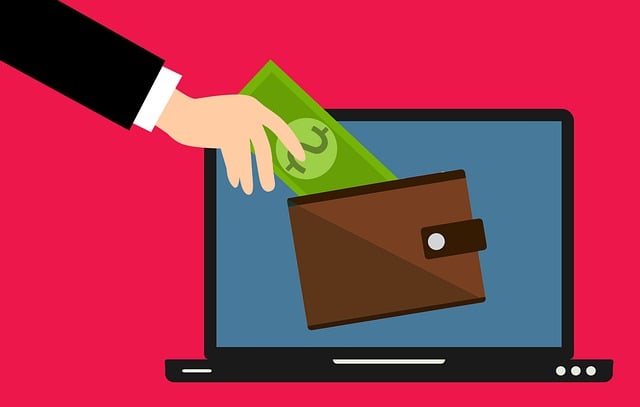Do you want to grow financially?
If the answer is “yes,” welcome to the multiverse of investing online!
Your next financial stepstone can be just one click away.
Whether you’ve just started on this journey or if you’re an experienced online investor, looking into your internet security measures is never a waste of time.
You’re in the right place!
Let’s explore together the basics when it comes to financial cybersecurity. You’ll find the best tips and tricks to keep your investments safe from online criminals.
Let’s get into it!
#1. Regularly Update Your Software
Failure to update the software can — and most likely will— have dire consequences when it comes to your financial data and personal information.
Usually, when software is out of date, it means that it doesn’t have the latest security patch, and hackers can access it more easily.
This means that they can gain access and hijack your data in the blink of an eye.
If you make a habit of updating your software, you make sure those vulnerable spots are protected with the newest security patches. This will make it difficult for hackers to access your info.
Don’t let too much time go between software updates. When it comes to cybersecurity, the best policy is to stay proactive.
#2. Don’t Use Weak Passwords
I’m sorry to disappoint you, but banks and other financial institutions aren’t as protected as you think.
A staggering 43% of senior bank executives are aware that their company doesn’t protect customer data as well as it should. This means, in short, that they’re vulnerable to cyberattacks!
Take matters into your own hands and keep your online account free of threats by creating a strong password.
You have to put some thought into it.
First of all, never use something easily guessable, like your name or your birthday.
It is also better to use a combination of numbers, special characters, and uppercase and lowercase letters.
These are some examples of strong passwords:
- Rm5!xpZ9!$ej
- T&%w2sD$@94q
- J#8k7%pa#2Wf
#3. Enable The Two-Factor Authentication (2FA)
Let’s jump into the worst-case scenario: let’s imagine that Jane, a beginner in online investing, fails to enable the two-factor authentication (also known as 2FA) for her online investment account.
On a random Tuesday, she receives a phishing email that pretends to be a security alert from the platform she uses to invest.
Not knowing what a cyberthreat is, she clicks on the link and fills in all the data to enter her account.
The consequences?
Her account is compromised, and all her money is stolen. If Jane had enabled 2FA, she could’ve prevented this attack.
Always make sure to enable the 2FA to protect your accounts from hackers.
#4. Be Cautious Of Suspicious Emails And Calls
Phishing attacks are the most common tactic when it comes to cybercrime. Normally, it involves trying to get people to reveal their personal information.
In 2022, phishing attacks represented 23.2% percent of all cyberattacks in the financial sector.
That’s the majority, by the way!
For example, you get an email from your bank alerting you about a threat, and they ask you to update your data as quickly as you can.
The link from your “bank” will send you to a website that will look like it’s official, but it’s been designed to steal your login credentials.
Legitimate companies will never ask for this kind of information through a call or an email.
#5. Don’t use public Wi-Fi
If you want to step up your cybersecurity game, consider using a VPN or Virtual Private Network.
This service increases your security and encrypts your online activity. This day, all your data is protected from prying eyes.
If you’re forced to use a public Wi-Fi service, this is how a VPN will help:
- Encryption: A VPN encrypts web traffic, securing data confidentiality from unauthorized access.
- Anonymity: if you use a VPN, all your activity will be routed through a remote server. This will mask your IP address and make it difficult for cybercriminals to spy on you.
- Data Integrity: Besides encrypting your activities, a VPN keeps your data from being stolen by protecting it against any suspicious changes.
- Secure Browsing: you won’t be as easily monitored, and unauthorized entities won’t be able to see through your sensitive data.
To Sum Up
Cybersecurity should be considered an investment. It’s the most effective way to prevent people from stealing your money.
If you follow the tips above, you have the opportunity to enhance the security of both your accounts and your financial information.
Staying informed and proactive is crucial when it comes to being safe online.
Don’t let cybercriminals compromise your future! Act in the present and enjoy your investing journey.

0 Comments